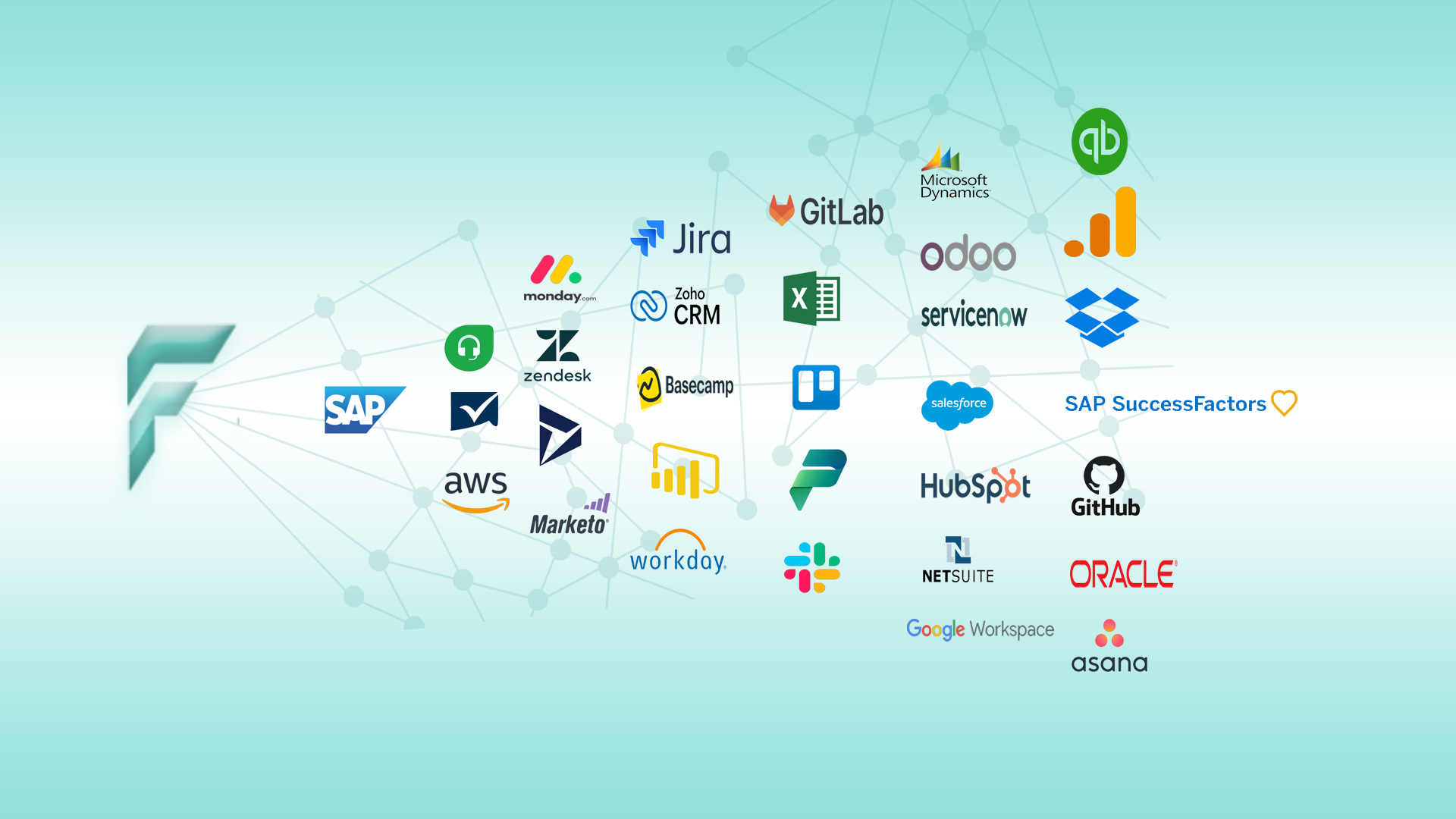What is SAP FICO?
SAP FICO (Financial Accounting and Controlling) is a core module within SAP ERP that manages an organisation's financial data and helps track transactions, generate reports, and support decision-making. It combines Financial Accounting (FI) with Controlling (CO) to provide a comprehensive view of a company's financial position and performance.


